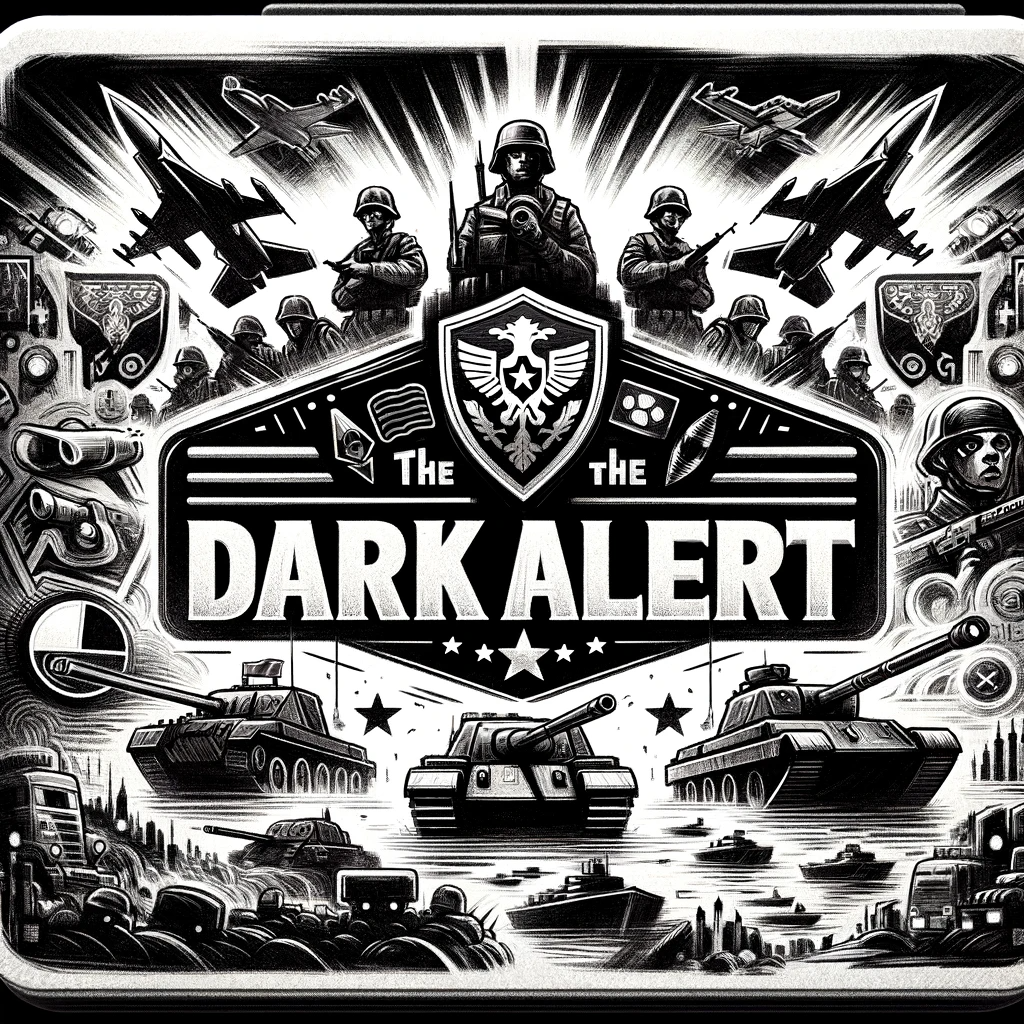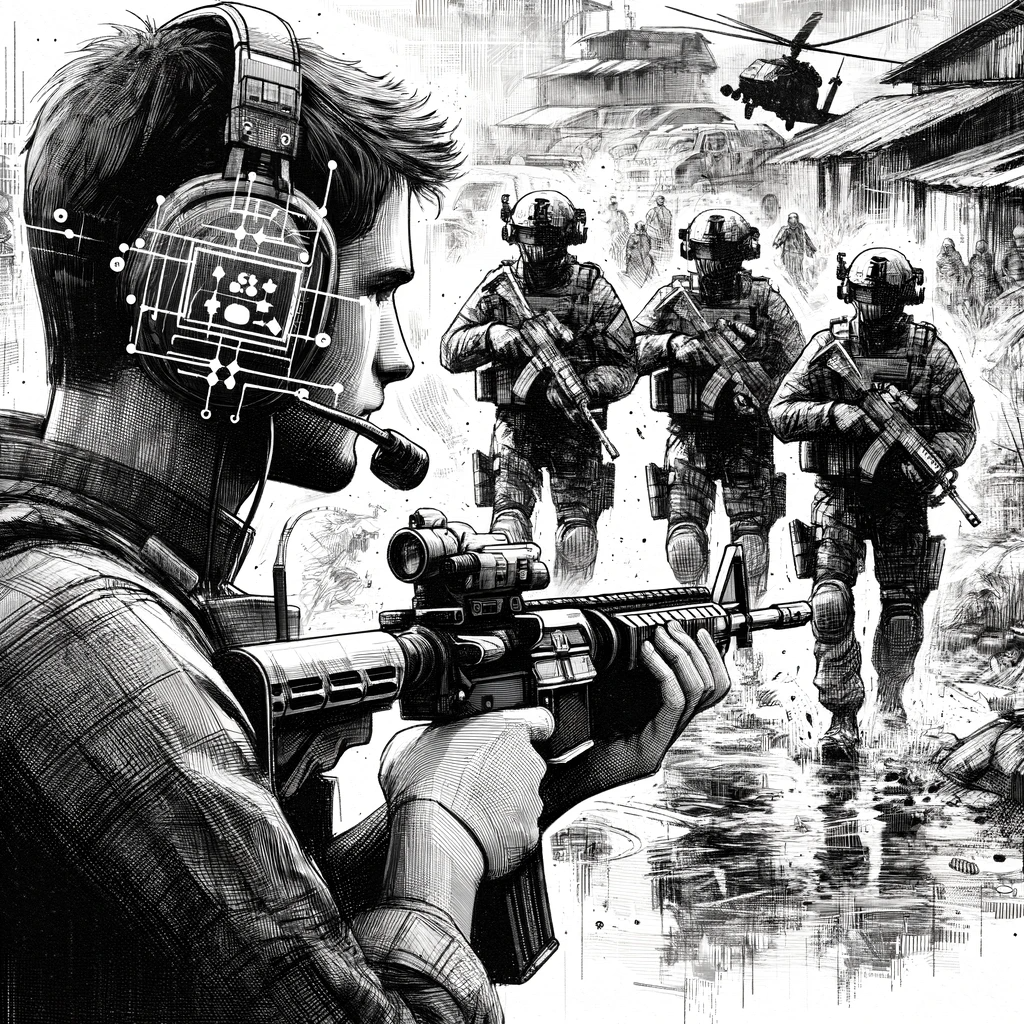The Dark Alert

The Dark Alert, a title crafted by the emerging gaming company A.V.A.M. Ltd., seemed to take inspiration from the classic Red Alert series, evident from its vibe and promotional trailers. The game positioned itself as a first-person shooter, but with a unique twist – it was set against the backdrop of the conflict between Ukraine and Russia.
Players in The Dark Alert had the choice between two factions: the Ukrainian Alliance (UA) and the Red Union (RU), cleverly using the ISO codes for Ukraine and Russia while embedding them into the game's narrative.
However, the developers overlooked a crucial aspect of player psychology – few wanted to play on the losing side. Given the recent history and the sentiments regarding the Russian Federation, players overwhelmingly chose the Ukrainian Alliance. This imbalance led to a peculiar situation where games often couldn't start due to a lack of players on the Russian side.
Attempts to balance the game included giving technical bonuses and special abilities to the Russian side, like artillery and air strikes. Despite these efforts, the imbalance persisted, with players still favoring the Ukrainian Alliance.
Then came a groundbreaking update that transformed the gameplay for the Red Union. Players controlling the RU faction were given a unit of four troops, which they could command using voice commands through their microphones. This feature introduced an element of real-world military strategy into the game, where AI-controlled soldiers responded to vocal commands, making tactical decisions based on their AI programming.

The developers assured that these AI units did not rely on server data but made decisions based solely on in-game scenarios. This innovation was a game-changer, offering a fresh and immersive experience in the world of online gaming.
Dan, intrigued by this novel feature, recognized its potential significance beyond just a gaming experience. The implementation of AI in this manner opened new possibilities for the intersection of artificial intelligence and interactive entertainment. It also raised questions about the future of AI in gaming and how it could reshape player interactions and strategies.
As Dan explored the world of The Dark Alert, he couldn't help but wonder about the implications of such AI advancements. Were they merely confined to the realms of entertainment, or did they signify a more profound shift in how AI could be integrated into everyday experiences? The game, initially dismissed as just another shooter, now stood as a testament to the innovative potential of AI in gaming.